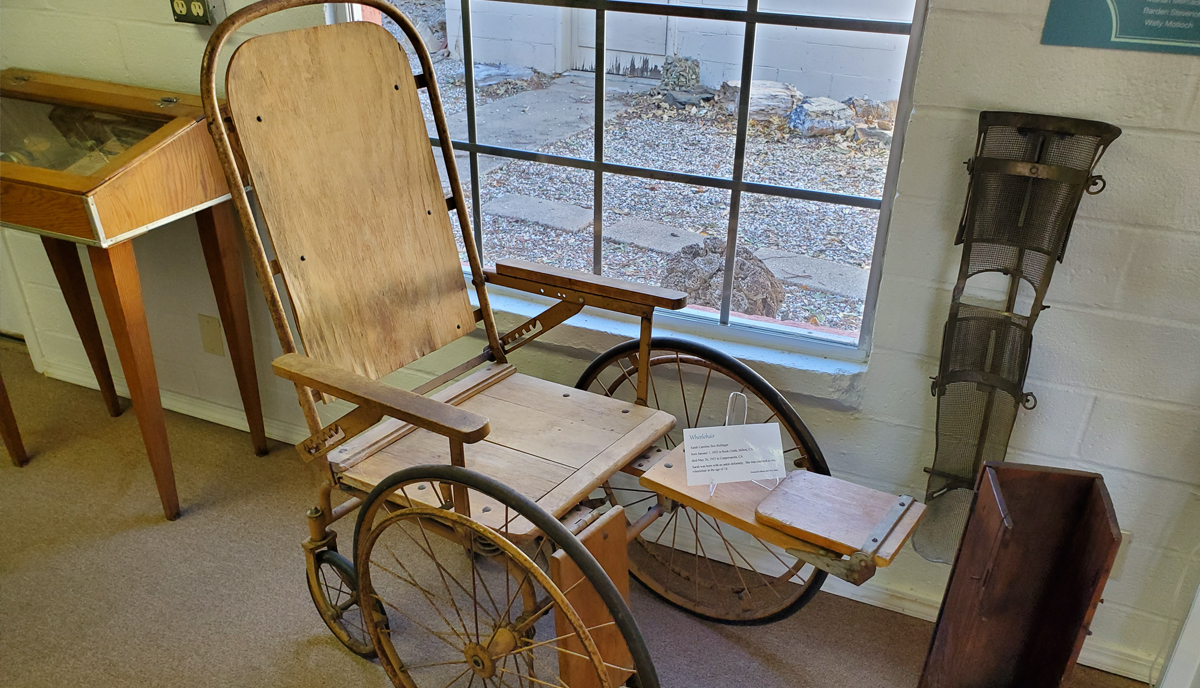We are only a few weeks away from a flood of young new attendings hitting hospitals all over the country. There will also be many doctors whose first contract is coming to an end and they are moving to a new position. Both of these scenarios create an opportunity to make a first impression at a new job. The effects of that first impression will linger for years to come.
What lingering effects do you want to have? Do you want your first impression to help or hurt your career?
When I was only a few months into my role as an attending, one of my senior partners pulled me aside for a talk. Seems I was not making a good first impression with the nurses and if I kept it up, they could make my life miserable. Over breakfast one morning, he gave me some very valuable tips that should have been taught in residency. To be a successful physician, be sure to implement these three things from day one, as you will never get a second chance to make a good first impression. If you currently don’t have the reputation you want, implement these three things before any more damage is done and it will improve your reputation.
There is a very simple formula to becoming a very popular doctor, gaining lots of referrals, and establishing a great reputation, which all lead to good cash flow. You simply must be known as an AAA doctor from day one: Able, Available, and Affable.
1: Able
Being able is defined as having considerable skill, proficiency, or intelligence. I guess this one speaks for itself. Everyone you encounter must feel you have sufficient skill to do your job, or you won’t have a job to do. Your staff, your patients, and referring doctors must all have confidence in your abilities.
Your ability will be on display when you first begin your practice. If you are a surgeon and you have some major complications right out of the gate, it will be hard to recover. If you are a dentist and in the first month you pulled the wrong tooth, word will get out. The chiropractor who adjusted an elderly patient’s neck and fractured a vertebra will not be getting many referrals for manipulation.
Your peers will be watching you very closely with the first few patients they send you. Be darn sure you keep your nose clean as you get started. If you see a problem patient who is likely to have a complication, have your senior partner tackle that one. They already have a reputation and if the expected complication happens, it won’t hurt their already-built reputation. Make sure to have a reputation for quality work before you tackle the complicated stuff.
When other doctors feel they can trust your judgement and skill, they are happy to send you patients. If they don’t have this confidence in you, they will be looking for a different place to refer patients. You want to be their go to person.
2: Available
Available is defined as being at someone’s disposal, accessible, handy, convenient, or present. If it isn’t easy to reach you, people will stop calling. If the referral process to get to see you is too cumbersome, they will go where it’s easier. Make sure everyone knows you are available to help them if they need you.
I encountered one surgeon who would turn off his pager when he went into the operating room. He felt the patient on the table deserved his full attention. When the emergency department paged him, they got no response and would have to go on a hunt to find him. They would often get frustrated and eventually give up and look for someone else, even if he was the guy on call that day. That made his call partners unhappy with him as well.
I understand what he wanted to do, but it hurt his reputation. It would have been an easy solution to give his pager to the surgical receptionist to answer the pages and take messages. Then, the emergency department physician could make one call, know the doctor was in surgery, and would be coming to take care of the problem as soon as he was free.
Being available doesn’t mean letting patients and staff call at all hours—make expectations clear, and no one will be disappointed or frustrated. Think carefully about how to do this, keeping staff and patient welfare in mind. Now is the time to set ground rules as to how you will function as an attending physician.
Do you expect everyone to be on time and get started promptly at 8:00 a.m.? Then you be there promptly at 7:45 a.m. Do you want an undisturbed time for lunch? Make sure you adapt a schedule leaving lunch open. Do you want to have the weekend off if you are not on call? Make it clear to everyone you will be gone. Will you see your own patients in the hospital or have the hospitalist see them? Be sure people know how you function.
Become well known for being easy to contact and happy to aid those who call. When doctors send you patients they are concerned about, call them back personally to provide follow-up. They will appreciate the feedback and be more likely to send their patients to see you in the future.
3: Affable
Affable is defined as friendly, good-natured, easy to talk to, cordial, warm, pleasant, likeable, nice, or personable. Who wants to have a primary care doctor who is mean or irritable? People are drawn to you if you are likable. Nurses will be more likely to let a question wait until morning rounds if they like you. Otherwise, expect to get 2:00 a.m. calls to be sure Mrs. Smith can have some Tylenol for her headache.
Hang out around the water cooler. Help your staff with their personal problems. A friendly doctor is a busy doctor. People will want your services.
Think about a time when you had to call a doctor you knew was an irritable grouch. How did you feel about making that call? No one likes talking to those kind of people. So don’t become one of them. Be a person that everyone loves to talk to. If it is a joy to call you, then referrals will head your way.
Those three simple concepts; being able, available and affable, will lead to you having a great reputation. A doctor with a great reputation will be both busy and happy. Making a good first impression will increase your chances of loving your new job. It is very expensive and troublesome to change jobs if this first one doesn’t work out, so do everything in your power to make a great impression. I detailed one doctor’s costs of changing jobs at $175,000!
Pick up a copy of my book The Doctors Guide to Starting your Practice/Career Right and get your first job as an attending off to a great start. If you know a resident about to graduate into the life of an attending, buy them this book as a gift and help them in their quest to transition into a successful attending.





